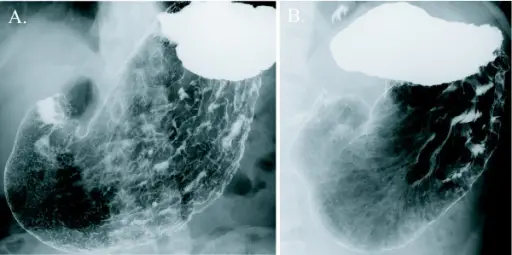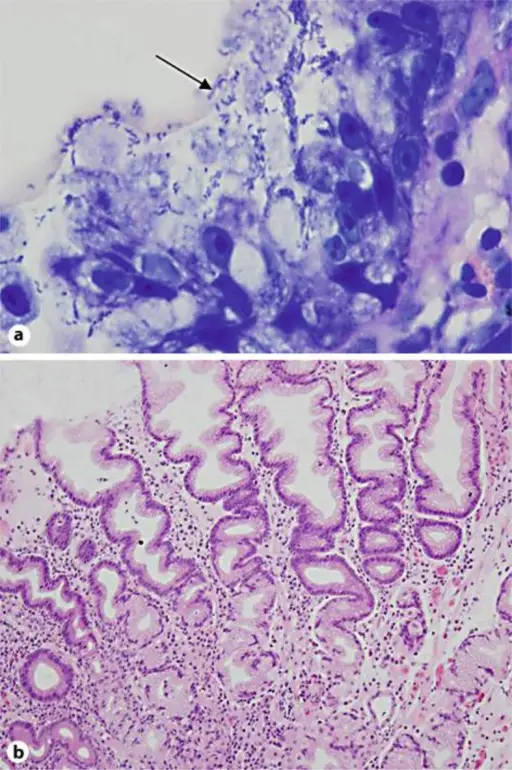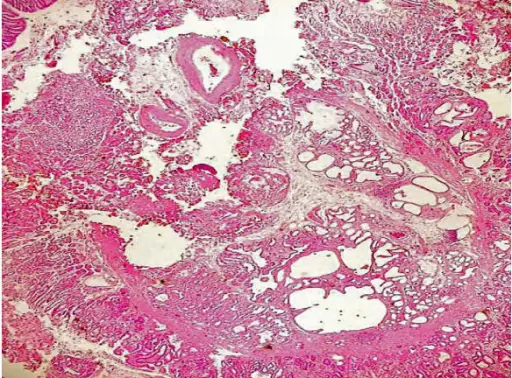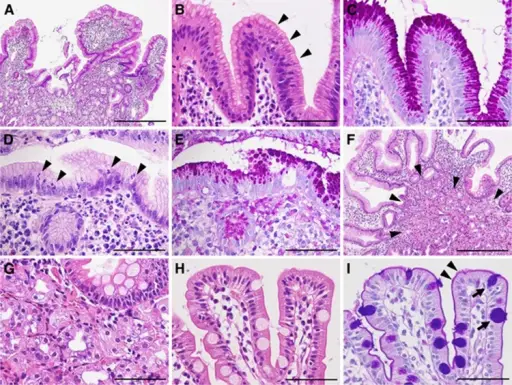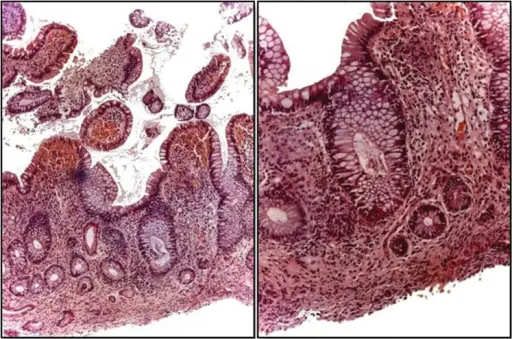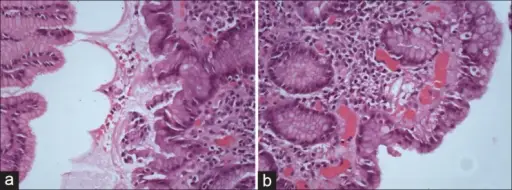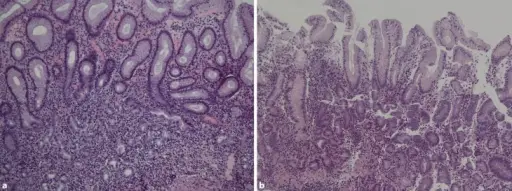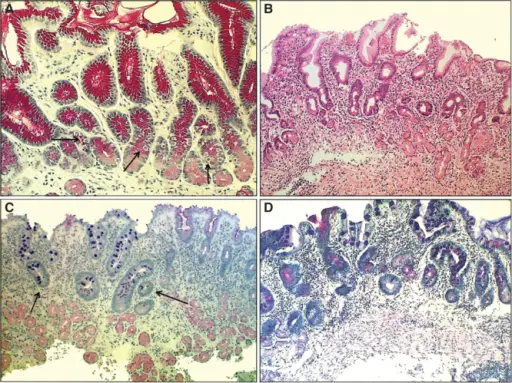What are Hypertrophic Gastropathies?
Hypertrophic gastropathy is a rare idiopathic hyperproliferative disorder which may present as Menetrier’s disease MD characterized by foveolar hyperplasia in the gastric fundus and body. It is often accompanied by a severe loss of plasma proteins including albumin from the…

